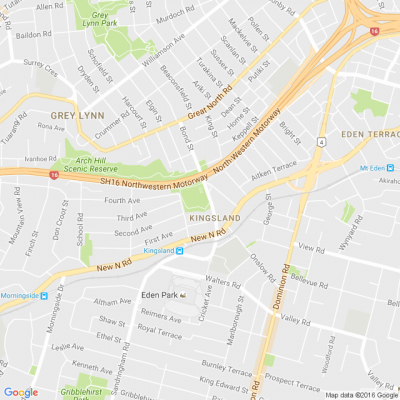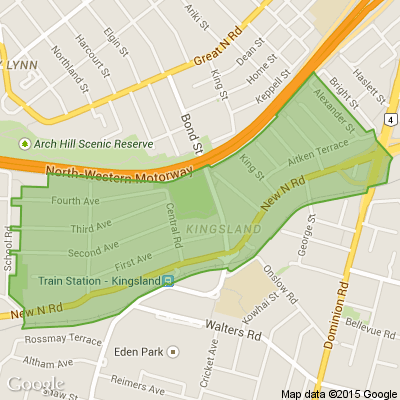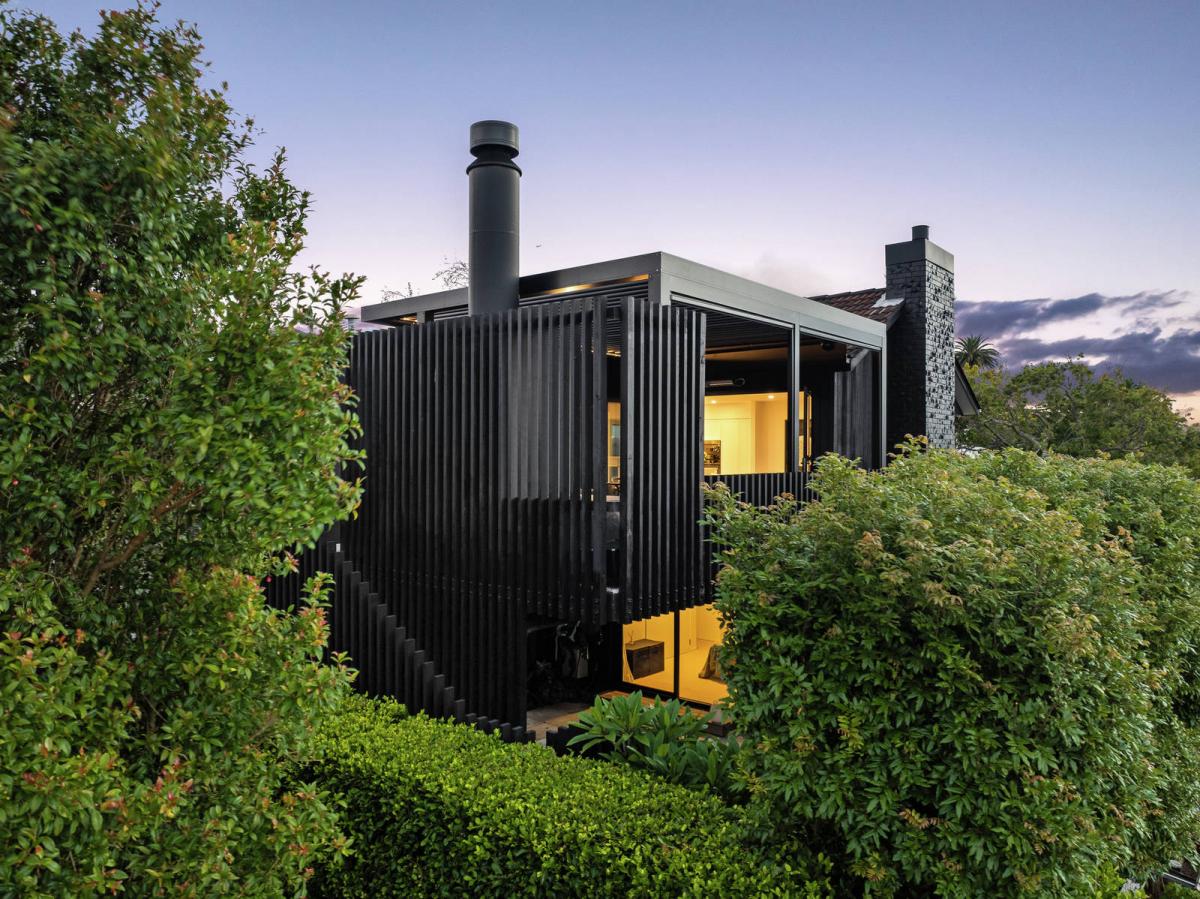Injured young boy needing donations
Please find the link for Max’s give-a-little page attached to this email.
On Sunday 7th May Max sustained a serious head trauma whilst racing motocross, one of the sport he adores, along with his beloved rugby. As you can imagine this has been devastating for his family.
Here is a little bit more from me.
On Sunday the 7th May, Max Bartley was participating in one of his most loved sports, ‘Motocross’.
Max is a quite 13year old boy that loves his Rugby and Motocross.
He always gives 110%.
Is kind and respectful to others, and always takes a moment to say hello.
He’s just an amazing kid.
Unfortunately as Max was chasing the race leaders in the final round of the day, Max had a life changing accident.
Max was thrown from his bike and landed headfirst.
Track Medics rushed to his aid.
Max was unresponsive and breathing was compromised.
As luck would have it, a rescue helicopter was already in the air (returning from another job) and was on the ground with Max within 20minutes.
Max’s life was at risk and if he survived, there was going to be many massive hurdles to get over before a lengthy recovery period could begin.
After an urgent flight to Waikato ED, Max was put into a medically induced coma, pressure was released following confirmation of several brain bleeds.
The following day Max was flown to StarShip in Auckland.
Max is still in a Medical coma, and as of yesterday now breathing on his own.
The amazing medical staff at StarShip are pleased with Max’s progress.
The Give-a- little page was setup by Erica (Max’s motocross mum) who was with him on the day of his accident, flew with him in the helicopter and never left his side until Max’s parents arrived at the hospital the following day.
Erica’s wish of the money’s raised is to help Max’s family by alleviating the financial burdens of day to day life and allowing them to be by his side during this stressful time and help Max with the essentials to aid in his recovery and help bring normality back in to his life when the time is right.
Please share this with the loving and caring people of your community.
I appreciate that Max may be a stranger to most, if not all.
But he needs our help, he’s the sort of kid that would gladly help a stranger out.
It’s our time to help him.
givealittle.co.nz...
🧩😏 Riddle me this, Neighbours…
I am an odd number. Take away a letter and I become even. What number am I?
Do you think you know the answer?
Want to stop seeing these in your newsfeed? No worries! Simply head here and click once on the Following button.

Scam Alert: Bank cold calls
ASB is warning customers about reports of cold calls from scammers claiming to be from ASB. These scammers are trying to obtain personal information, including usernames, dates of birth, and verification codes sent to your mobile phone.
🛡️ The "Caller Check" Test
If you get a call from someone claiming to be from ASB and you’re unsure, just ask them for a Caller Check. You will then be able to verify the call through the app.
Remember, banks will:
❌ Never ask for your banking passwords, PINs, or verification codes
❌ Never need to know your full credit card number – especially the CVC
❌ Never ask you to download software or remotely access your device
❌ Never ask you to purchase gift cards or transfer funds.
If you have received a phone call and think your account has been compromised, call ASB on 0800 ASB FRAUD (0800 272 372), or visit your local branch.

Some Choice News!
DOC is rolling out a new tool to help figure out what to tackle first when it comes to protecting our threatened species and the things putting them at risk.
Why does this matter? As Nikki Macdonald from The Post points out, we’re a country with around 4,400 threatened species. With limited time and funding, conservation has always meant making tough calls about what gets attention first.
For the first time, DOC has put real numbers around what it would take to do everything needed to properly safeguard our unique natural environment. The new BioInvest tool shows the scale of the challenge: 310,177 actions across 28,007 sites.
Now that we can see the full picture, it brings the big question into focus: how much do we, as Kiwis, truly value protecting nature — and what are we prepared to invest to make it happen?
We hope this brings a smile!







 Loading…
Loading…




